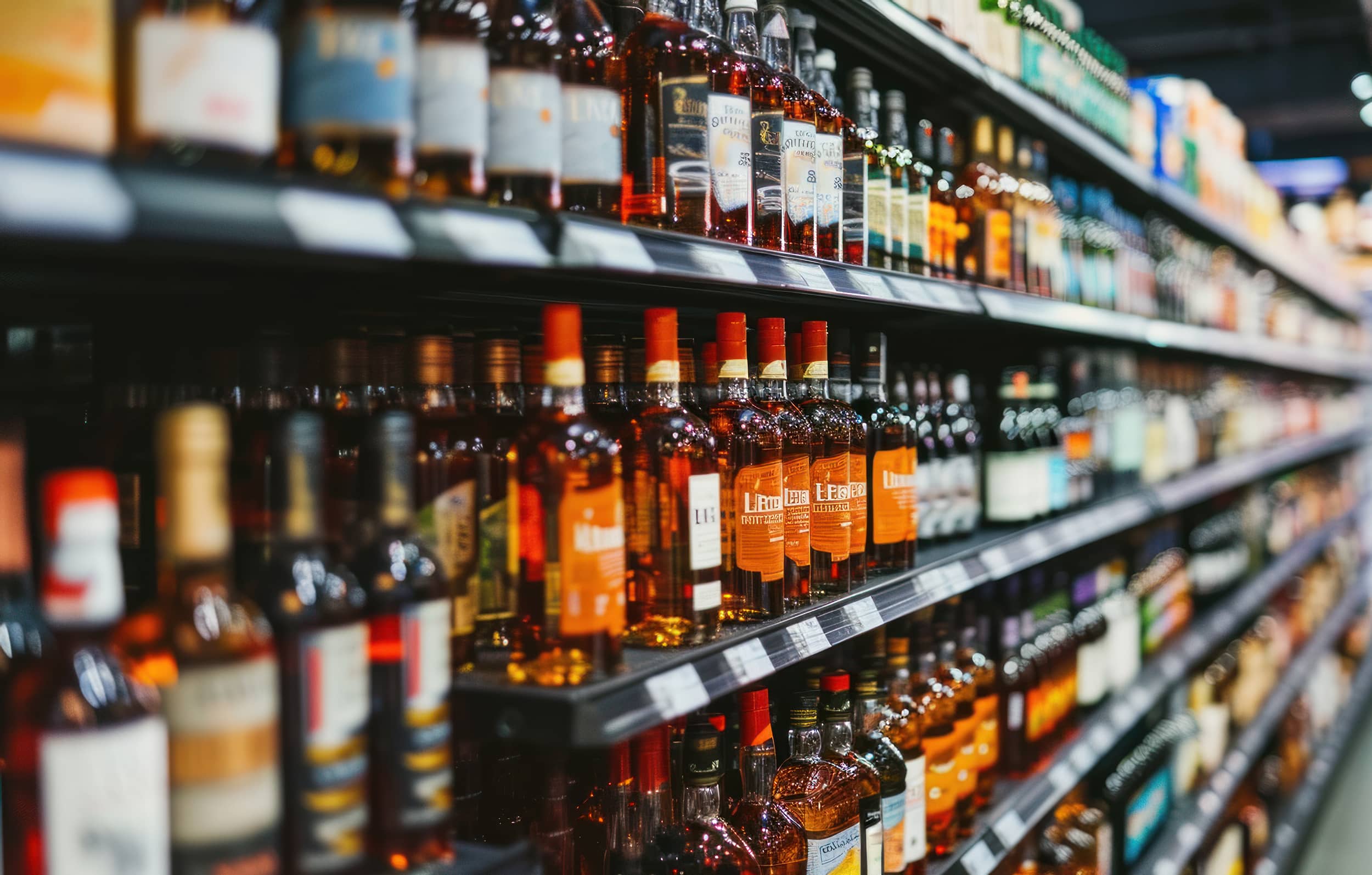by Ryan W. Anderson & Jake D. Curtis, partners at Burch & Cracchiolo — View article as PDF
Understanding Arizona's Liquor Licenses: An Overview
There are 23 different types of liquor licenses in Arizona and simply deciphering which specific liquor license you or your business will need can be confusing and frustrating. For example, if you are opening a hotel with a restaurant you will need a series 11 license but if you are opening a restaurant alone you will require a series 12 license, while a private club needs a series 14. The Arizona Department of Liquor Licenses and Control (ADLLC) is the state agency which oversees the regulation of the production, distribution and sale of alcohol in the State of Arizona. It is an organization that provides a tremendous amount of information to the public, but if your business involves the manufacturing, distribution or sale of alcohol, the ADLLC will also investigate and ensure you are operating in compliance with Arizona’s liquor laws.
With the advent of electronic filing at the ADLLC, a liquor license attorney can serve as resident Agent on their client’s liquor licenses to ensure that your license is annually renewed and remains active.
What are Quota Liquor Licenses and How to Obtain Them in Arizona
Some liquor licenses in Arizona are “quota licenses” and need to be purchased by an individual or a corporation before they can be operated. A liquor license attorney can assist with locating, purchasing or selling quota liquor licenses. A series 7 beer and wine bar liquor license is a quota license that permits the sale of beer and wine to customers for consumption on premises. Liquor store require a series 9 license: This is a quota license that allows you to sell beer, wine, and spirits to customers for off-premises consumption
The alcohol laws are intricate, and the specific license you need depends on what you're producing (beer, wine, spirits) and how you plan to sell it. Moreover, to produce beer in Arizona, you'll need to acquire a Series 01 In-State Producer license from the Arizona Department of Liquor Licenses and Control. This license allows you to manufacture and sell the beer you produce. Craft beer producers will need a series 03 Microbrewery license. This allows on-site and off-site sales for breweries producing between 5,000 and 1,240,000 gallons of beer per year. A series 07 Beer and Wine Bar license will allow for on-site and off-site sales of beer and wine, but with limitations on off-site sales. An attorney can ensure you apply for the correct permits from the ADLLC the federal Alcohol, Tobacco, Tax and Trade Bureau (”TTB”) and any required local licenses from your city or county.
Navigating the Distribution and Importation Laws for Alcohol in Arizona
Liquor licensing attorneys can also be incredibly helpful when it comes to navigating the distribution requirements for alcoholic beverages in Arizona, as well as importing alcohol into the United States from abroad. There are specific laws governing how alcohol can be distributed within the state and into Arizona from other states or foreign countries. An in-state or out-of-state farm winery that produces less than 20,000 gallons of product per calendar year may take orders from Arizona residents in person, by internet, by telephone, mail or catalog for personal consumption, not for resale. The consumer placing the order, and the resident receiving the order must be age twenty-one or older. Foreign shipments of wine in and out of Arizona are allowed but not through the postal service. A commercial carrier must be utilized each having their own specific regulations. Unfortunately, penalties for violating the laws and regulations pertaining to the management and operations of liquor license can include fines, suspension or even the revocation of the license.
It currently takes over 140 days from when a new liquor license application is submitted to the ADLLC before it can be approved. Without the assistance of legal counsel, a single error or mistake on a liquor license application can delay the approval or even cause you to have to start over. Opening or operating any business where alcohol is a critical part of the enterprise, it is important to have experienced professionals on your side. Acquiring and maintaining a liquor license in Arizona is a complex process that can be made substantially easier with the help of an attorney who knows the liquor industry and the administrative process of obtaining and maintaining a liquor license.
Need help navigating the complexities of liquor licensing?
Attorneys Ryan Anderson, Jake Curtis and their team bring years of experience and cover all the bases, providing a “one-stop” solution. Learn more here or reach out directly to:
Ryan Anderson: randerson@bcattorneys.com
Jake Curtis: jcurtis@bcattorneys.com

